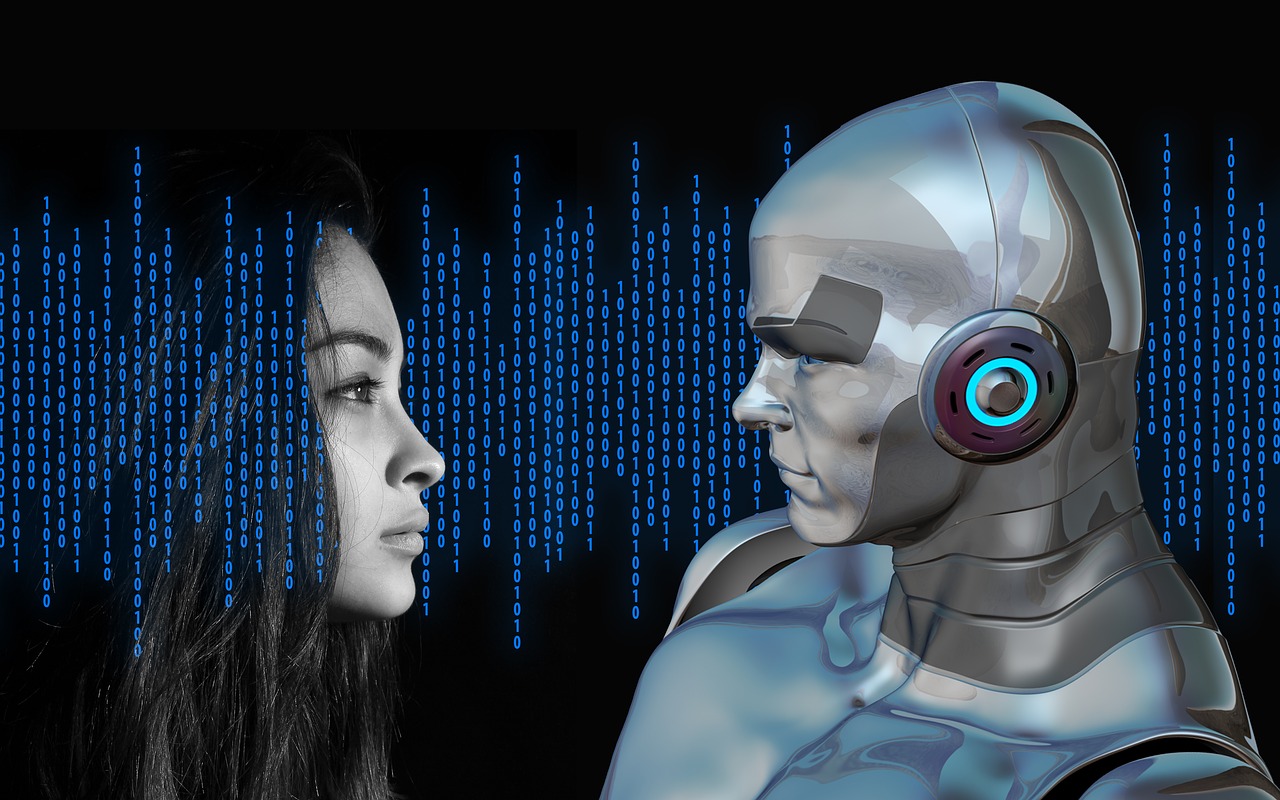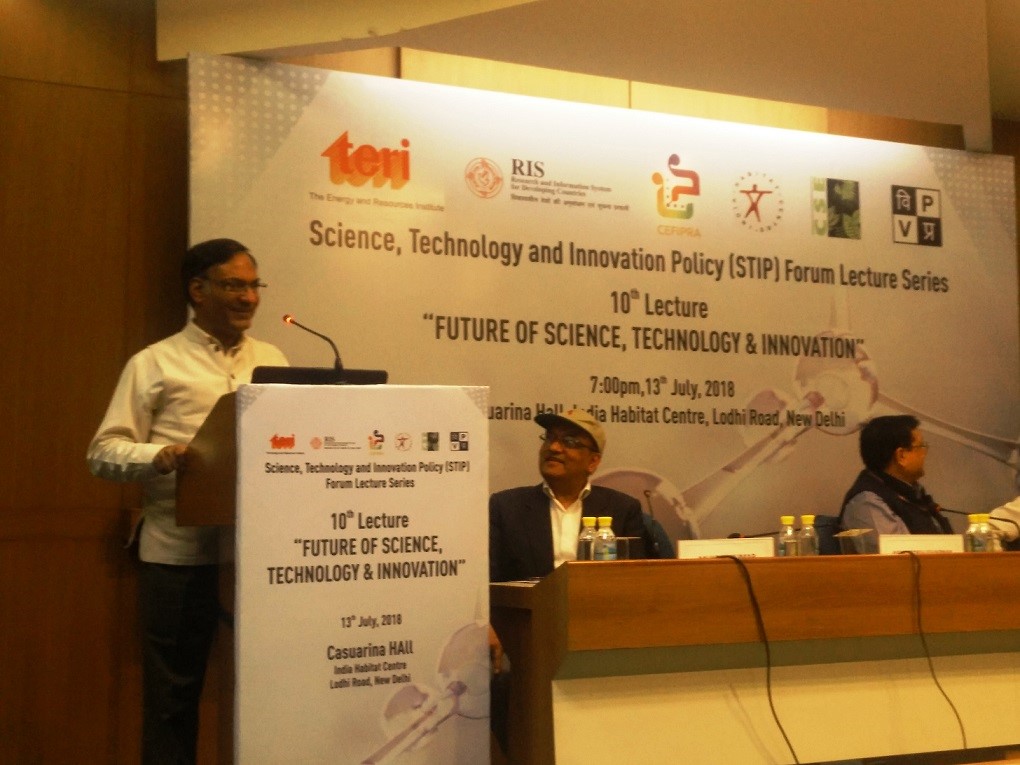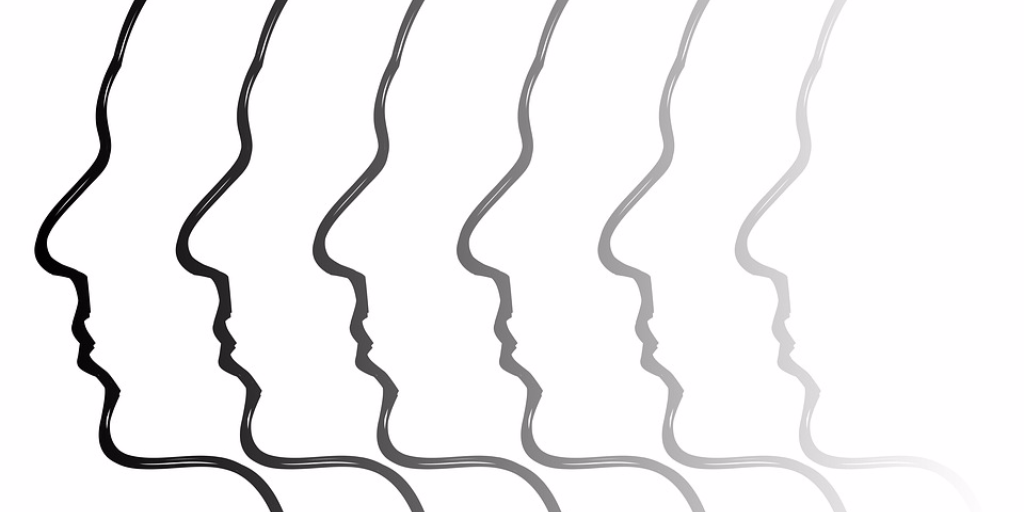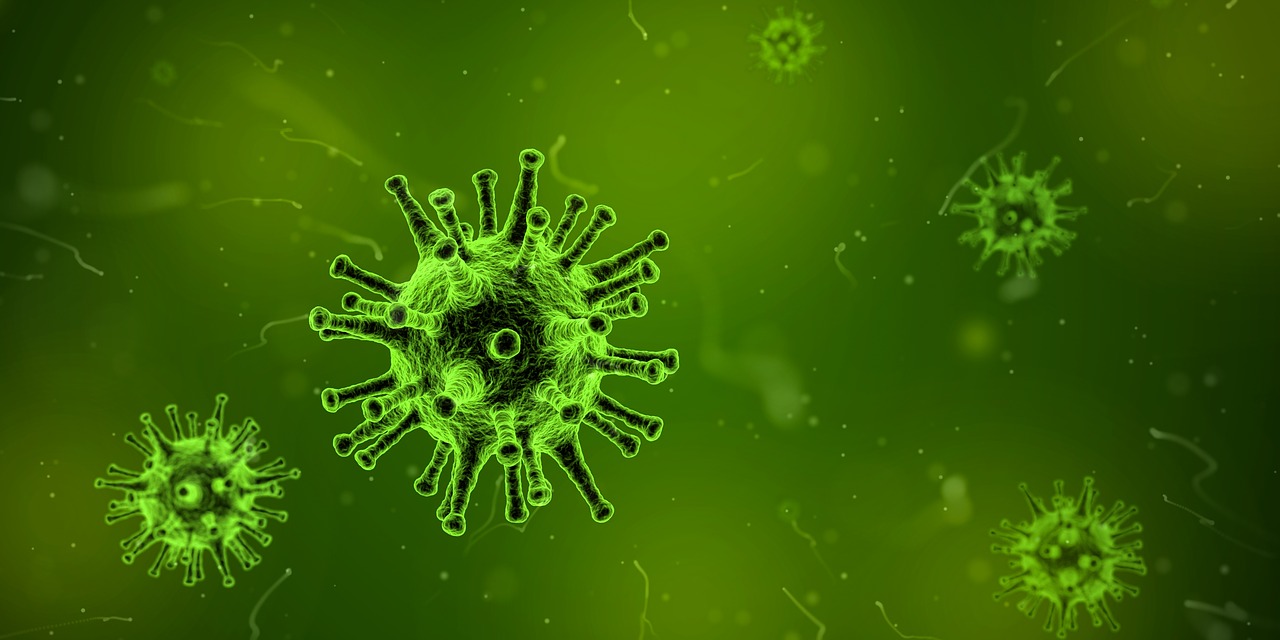
India to Work on Futuristic Concept of “Cyber Twins”
- News
- 2.5K
Just imagine being able to know what Dr. A P J Abdul Kalam, who expired in July 2015, would have thought about today’s test firing of the supersonic missile or any other current issue of his interest.

Prof Ashutosh Sharma, secretary, Department of Science and Technology (DST).
Such a scenario is impossible today or one may even consider it in the realm of science fiction because no technology is available that can help ‘keep alive’ brains or thinking processes of people who are no more. But it may become possible in future with the advent of artificial intelligence, machine learning, deep learning and all such disruptive technologies. And, India wants to take a lead in this direction.
“Cyber twin – a digital replica of one’s personality that can live on and adapt to new knowledge and thoughts after one’s death – can make such a scenario possible,” says Prof Ashutosh Sharma, secretary, Department of Science and Technology (DST).
“We want to pioneer this technology because we have thought about this concept,” Prof Sharma said while delivering a lecture on “future of science, technology, and innovation” organized by the Research and Information System (RIS) over the weekend. “In future, people will be ready to pay for creating their cyber twins, and it could be a good business.”
This is one of the several possibilities where Indian scientists could contribute. The DST has launched an inter-disciplinary Mission on Cyber-Physical Systems (CPS) to work on futuristic technologies and ideas, including machine learning, internet of things and data science. In this year’s budget Rs 100 crore has been allocated for research relating to CPS.
Under this initiative, the establishment of centers of excellence for research in robotics, artificial intelligence, digital manufacturing, big data analysis and quantum communication will be supported. The NITI Aayog has also recently published a discussion paper on the National Strategy for Artificial Intelligence.
In CPS, Prof Sharma said, the real or physical world is linked to the virtual world of information processing through communication networks, computing, sensors, and actuators, ultimate result being decision making and action. “The next logical step in future could be not just cyber-physical but cyber-physical-biological systems,” he added.
With the coming of AI and CPS in future, “the anchors of knowledge as we know today will be threatened or challenged. Education, jobs, and skills will have to be recalibrated. Companies may employ human-machine pairs. Yet human traits such as intuition, creativity and synthesis, and subjects like philosophy will continue to be handled by humans. No computer can deal with these at least for the next fifty years,” he added.
The rise of disruptive technologies like artificial intelligence and machine learning will also throw up ethical dilemmas. Take, for instance, driverless cars. “If a driverless car gets involved in an accident, who should be held responsible – manufacturer, software maker or designer? Suppose a driverless car is involved in a situation where it has to hit one of the two persons in its path, one happens to be young and the other an elderly. What will be an ethical action for the car to take? Who should it save?” mused Prof Sharma.
One of the key drivers of science and technology in the future will be the flow of data, information, and knowledge. He said R&D should be driven by the Sustainable Development Goals (SDG) framework since research inputs are critical for achieving each of the goals. For this, Prof Sharma said, “R&D will have to shift from the present approach of being tool-centric or discipline-centric to being problem-centric.” This, in turn, will require inter and multi-disciplinary collaboration, and also confluence between sciences and social sciences.
As a funding agency, DST is in the process of facilitating such collaboration as well as funding of projects in qualitative social sciences, the secretary said in reply to a question. Dr. V K Saraswat, member NITI Aayog, who chaired the session, commented that while Indian R&D had made significant progress in the past seventy years with less than one percent of GDP spent on R&D, now scientists must shift their focus from publishing papers to ‘high-end inclusive innovation’. (India Science Wire)
By Dinesh C Sharma
If you liked this article, then please subscribe to our YouTube Channel for the latest Science and Tech news. You can also find us on Twitter and Facebook.


